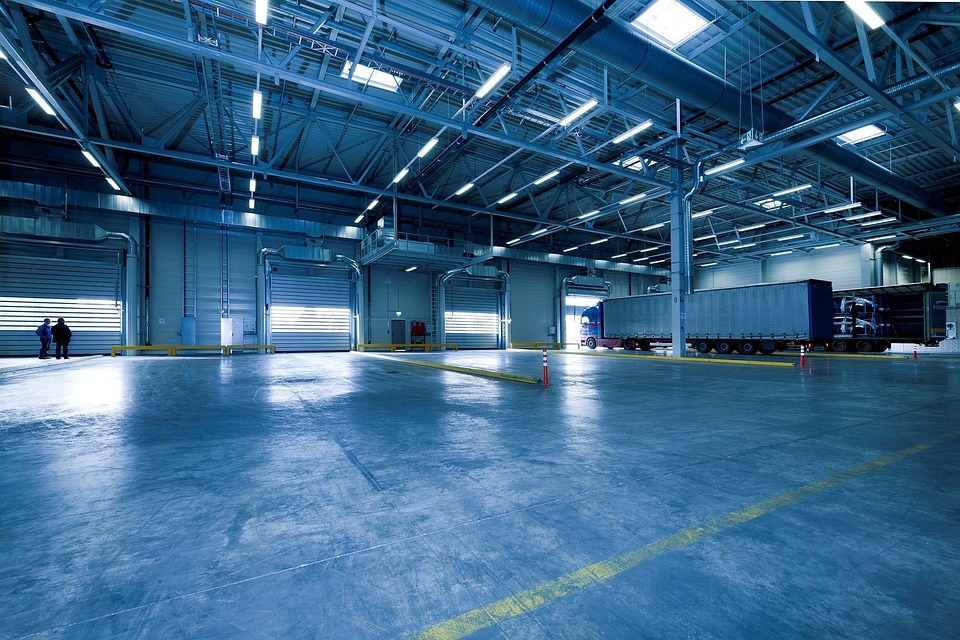
1. What is the fundamental difference between temporary import/export and general trade?
Temporary import and export (customs supervision code 2600) refers to goods thatMust be re-exported/re-imported after completion of the designated purpose within a specified periodof trade. The key differences from general trade are as follows:
- Tariff Policy: Exemption from customs duties and import taxes (a customs-approved guarantee is required)
- Time Limit: The maximum cargo detention period is typically 6 months (one extension allowed).
- Cargo Disposal: Any form of sale, mortgage, or transfer of ownership is strictly prohibited.
II. Scenarios in which temporary admission must be usedExport agent?
According to the typical cases released by the General Administration of Customs in 2023, the following scenarios require temporary import/export:
- International exhibition/event cargo (e.g., exhibit transport for Expo 2025 Osaka)
- Temporary importation of professional equipment (film and television shooting gear, engineering testing instruments)
- Commercial Sample Testing (R&D test items that must be re-exported)
- Special transport vehicles (race sailboats, rally cars, etc.)
3. What are the key stages involved in temporary import and export agency services?
The standard service process of a professional agency includes:
- Preliminary filing
- Confirmation of Commodity Classification and Regulatory Requirements
- ATA Carnet or Letter of Guarantee Application
- Declaration operation
- Preparation of Temporary Import/Export Application
- Guarantee Amount Calculation (typically 110% of the tax amount)
- Follow-up management
- Extension Application (must be submitted 30 days before expiration)
- Write-off and Case Closure (provide supporting documentation of usage)
4. What are the common risks companies face when handling the process on their own?
Based on our experience handling 200+ dispute cases, the main risks include:
- Misclassification of goods led to the forfeiture of the deposit.
- Late renewal incurs a late fee (daily interest of 0.05%)
- Cargo was detained by customs due to mismatched documents during re-export/re-import.
- Failure to declare wear and tear arising during use resulted in an administrative penalty
V. What key points should be noted when selecting a temporary import/export agent?
Recommended assessment agencies from three dimensions:
- Historical cases: Have you handled similar products (e.g., precision instruments requiring special packaging solutions)?
- Compliance Capability: Whether a fully digitalized monitoring system can be provided
- Service Network: Whether there are cooperative customs clearance agents in the destination country (especially in emerging markets)
VI. What are the latest policy developments regarding temporary import and export?
Regulatory Changes to Watch in 2025:
- Full-scale rollout of the electronic guarantee system (replacing paper-based letters of guarantee)
- Biologics and other special products: extended retention period up to 12 months
- Establish a tiered credit management system for temporary import and export enterprises
7. How to avoid the extra costs when switching from temporary import/export to general trade?
When the goods cannot be re-exported on schedule, please note:
- Apply for a change in the trade method 30 days in advance
- The tax arrears must include the exchange-rate fluctuation difference (calculated at the exchange rate on the date of change).
- Approval for buyout requires a reasonable justification (e.g., proof of equipment damage).
8. How is the temporary import and export agency fee structured?
Typical Fee Structure Example:
- Basic service fee: ¥8,000–20,000 (depending on product complexity)
- Guarantee Fee: 1.5%–3% of the guarantee amount
- Emergency Disposal Fee: Typically collected in advance at 20% of the potential late-payment penalty
IX. Under what circumstances will temporary import/export fail?
In recent years, customs rejections have mainly involved:
- The goods are subject to dual-use item controls (e.g., high-precision sensors)
- Declared value does not match the guaranteed amount (deviation exceeds 5%)
- Resumption plan unclear (specific exit port/time not provided)
10. Does temporary import and export apply to cross-border e-commerce scenarios?
The 2025 new policy explicitly defines the following applicable scenarios:
- Overseas warehouse return & repair (must be returned within 120 days)
- Live-streaming samples for short-term entry (a platform cooperation agreement must be provided)
- Cross-border leased equipment (e.g., shared power bank production equipment)


 Follow Customer Service WeChat
Follow Customer Service WeChat